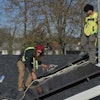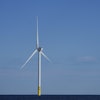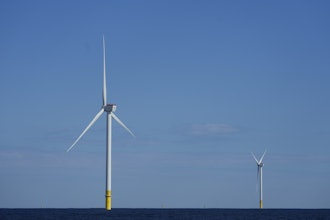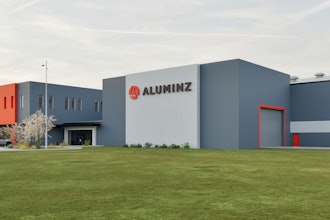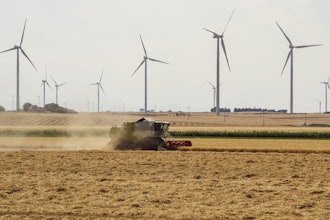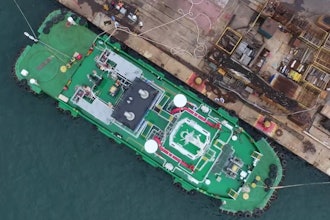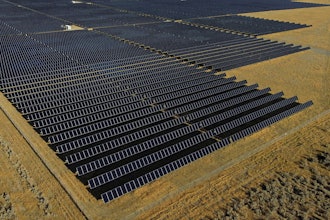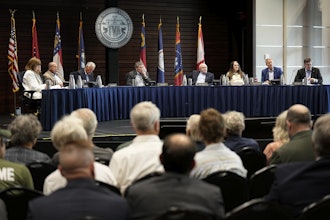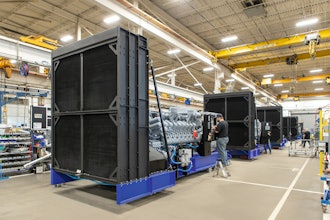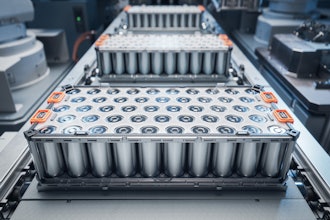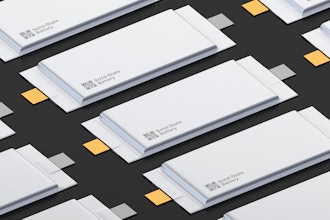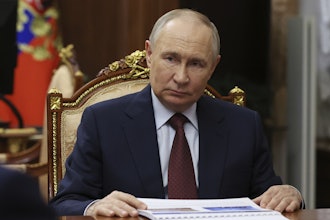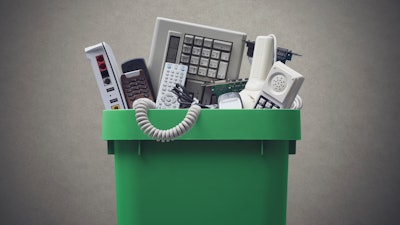
The U.S. Department of Energy (DOE) launched the Electronics Scrap Recycling Advancement Prize (E-SCRAP), which will award up to $4 million to competitors to substantially increase the production and use of critical materials recovered from electronic scrap, or e-scrap.
E-scrap, which includes mobile phones, home appliances, medical or office equipment and anything else powered by electricity, represents the fastest growing waste stream globally, with e-scrap generation expected to double 2014 levels by 2030. Only 17.4% of e-scrap was collected and recycled globally in 2019, discarding 83% of e-waste and $57 billion in raw material value. However, e-scrap recovery faces numerous roadblocks, including a fragmented recycling value chain, a complex and dynamic feedstock and a rapidly evolving end-use market.
Today’s announcement marks the opening of the first of three phases in E-SCRAP. The cash prizes and assistance awarded in Phases 1 and 2 are intended to support teams as they advance in the competition.
- Phase 1: Incubate – During this phase, competitors will propose solutions that have the potential to substantially increase the amount of recovered critical materials from electronic waste and used in U.S. manufacturing.
- Phase 2: Prototype – In phase two, competitors will prototype their innovation and begin collecting and/or generating data that can be used to optimize technoeconomic strategy and life cycle impacts between partners along the recycling value chain.
- Phase 3: Demonstrate – In the final phase of this prize, competitors will begin implementing their innovations and propose their plans to scale their solution.
Applications for phase one of this prize are due on September 4, 2024, at 5 p.m. EST. DOE anticipates selecting up to 10 winning projects in the first phase, with each award consisting of a $50,000 in cash and up to $30,000 in national laboratory analysis support.


